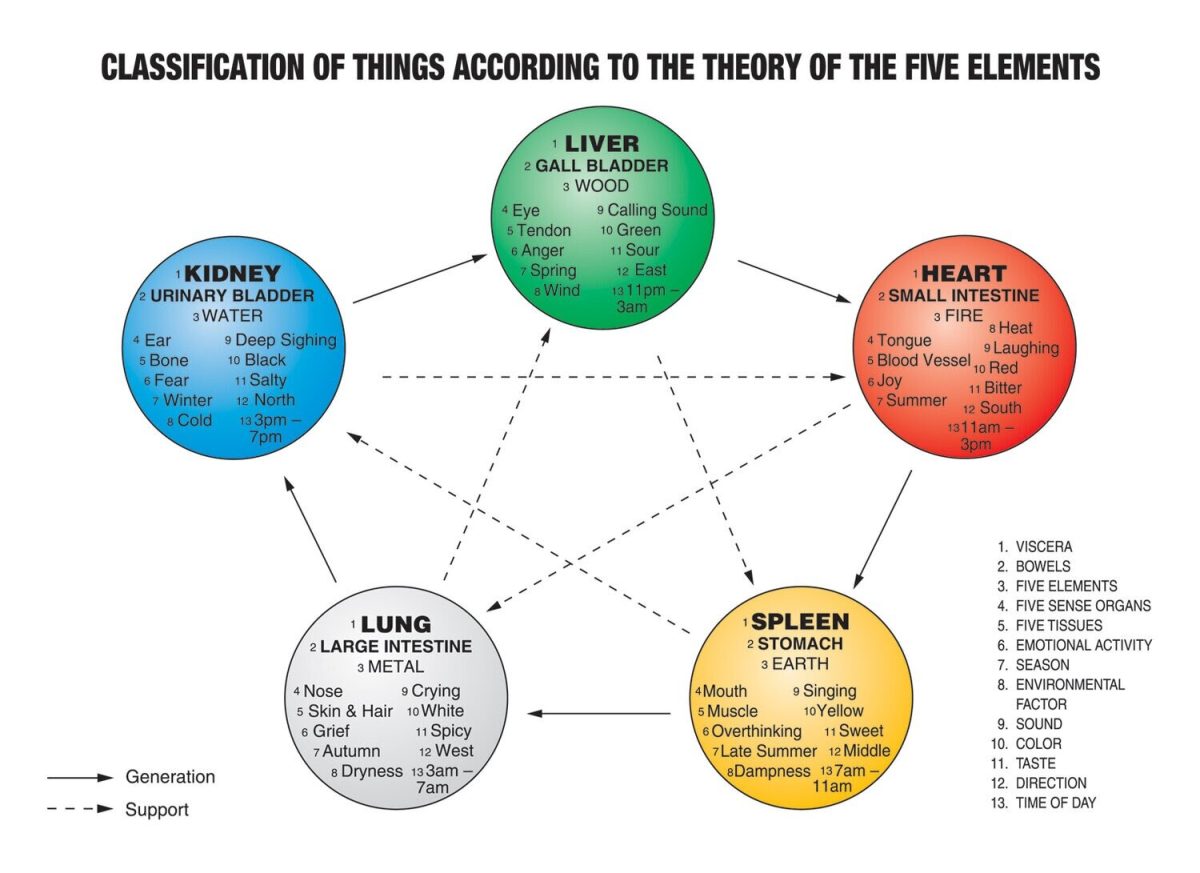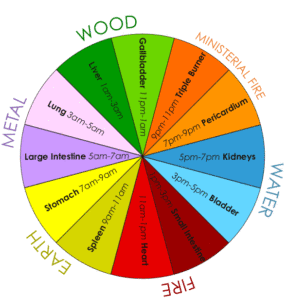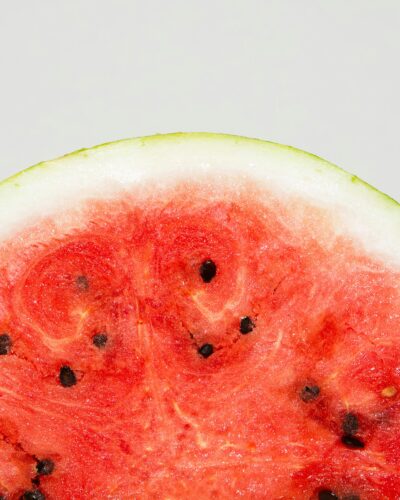
Studies have shown that acupuncture is effective at significantly improving the quality of life for both physical and mental illnesses (2,4), it can aid in recovery from colds and fevers (1,5), and can strengthen the immune system (3). Acupuncture offers an avenue to help calm our nervous systems and achieve balance within the body. When our environment is not changing, the only choice is to change ourselves and our response to what is around us. In addition to acupuncture, sufficient exercise, a healthy diet, breath work, letting go of what no longer serves us, and practicing self love will promote happy Lungs and in turn a happy body.
The impact of COVID-19 and the recent fires have affected us all. For many, much of the year has been spent in a state of fear, stress, and anxiety. Many of us are grieving the loss of jobs, finances, relationships, lifestyles, and for some of us, the lives of our loved ones. Adapting to change and riding these many waves, are skills not easily mastered. Learning how to process our emotions in a transformational way is difficult. Allowing ourselves to experience and process the grief we are experiencing is necessary for our wellness and spiritual growth. In Chinese Medicine we often look to nature as our guide.
As we embark on the fall season and observe the beautiful leaves gently falling to the ground we are reminded that we should also let go of what no longer serves us to make room for new growth in the spring. In Traditional Chinese Medicine (TCM), there is a system of diagnosis called Five Element Theory. The Five Elements are a comprehensive template that organizes all natural phenomena into five master groups or patterns in nature. Each of the five groups—Wood, Fire, Earth, Metal, and Water—include categories called Correspondences and assign a season, a direction, climate, stage of growth and development, internal organ, body tissue, emotion, aspect of the soul, taste, color, sound, and more to each element. The Five Elements reflect a deep understanding of natural law – the Universal order underlying all things in our world. In this article, we will explore the element of Metal which corresponds to our “Lungs.”

The season of the Metal element is fall. It is associated with letting go and processing the emotion of grief. The sound is weeping, the sound of sorrow. Grief unexpressed will settle into feelings of emptiness, longing, and self-deprecation. With an unbalanced Metal element it is easy to become too serious to the point of shunning fun and pleasure as you overwork and perhaps become fixated on achieving perfection in every detail. Just as the element of metal can be sharp, so can our personalities. In this unbalance, we can appear “pointy”. A balanced Metal element has strength in finding the meaning and serenity in what has been. They are highly motivated and full of integrity. The Metal element also gives us our sense of self worth. When our Metal element is balanced we can appreciate and love ourselves fully. In addition, when the Metal element is balanced we are able to communicate clearly and are open to new ideas and ways of doing things.
In Chinese Medicine, our lungs are assigned functions such as controlling respiration, similar to that of Western Medicine. Unlike Western Medicine, our “Lungs” also have energetic properties and functions. Therefore, a Chinese Medicine diagnosis of a “Lung Deficiency” does not equate to a physical disorder of your lungs, but rather a disruption in energetic properties. For example, when our Lungs become compromised by chronic grief or sadness it causes dispersing of Lung Qi (energy) leading to a diagnosis in Chinese Medicine called “Lung Qi Deficiency.” We tend to haunch forward in sadness and “close down” both emotionally and physically. It can become difficult to truly take a deep breath. Our Qi is our life force that fuels our organs and bodies and when our lungs becomes deficient we can experience symptoms such as: shortness of breath, weak breathing or voice, lack of desire to speak, weak or chronic cough, thin watery sputum, spontaneous sweating, aversion to cold, and weakened immunity.

In Chinese Medicine, the Lung time is 3 a.m. to 5 a.m. Waking between these hours is a sign of an imbalanced Metal element. It could be that you are struggling to work through issues of grief or sadness, or are having trouble letting go of something from the past. On a spiritual level, allowing ourselves to feel grief can actually be healing. Often we want to distract ourselves from feeling grief because it is too painful to bear so we keep busy.
Exercise:
Wendy Stern, a somatic movement therapist suggests creating a space in your day to feel your emotions. Start by finding a quiet space- an area where you feel safe, comforted, and free from interruption. Once you are there, set a timer. It can be for as long as you want; even ten to fifteen minutes is sufficient. During that time you can do whatever you want as long as you are checking in with yourself. You can cry, punch your fist into the floor, yell, meditate, or do yoga. In my children’s calming center (an actual area set up in the house) they are able to identify and talk about their feelings. They also enjoy doing puzzles, painting, singing, playing with slime, fidget toys, or shaking a glitter globe to observe the glitter falling as “calming strategies.” We can learn a lot from watching kids and can apply these tactics in our own lives. During this time just allow yourself to feel whatever comes up for you. Acknowledge what you feel and where you feel it and welcome it- even if it hurts. You can sit through it, meditate through it, move with it, whatever you need to do to help the feelings move. Once the timer goes off, have a predetermined plan of something you are going to do next. It could be walking the dog or cooking dinner, it really does not matter what it is, but have something organized in order to transition back into your day while helping you be calm, present and aware. This is only one of many exercises that can allow yourself the space to process your emotions. Finding a method that works for you is what is important. A combination of movement (tai chi, yoga), therapy, deep breathing, acupuncture, meditation, Qigong, art, music, dance, journaling, and chanting are just a few ideas to get you started thinking about how to express your emotions. Although emotions can be intense and even scary, they can be used to empower ourselves. Giving our bodies the opportunity to explore what is there can actually be transformational. Frequently, the shifts and “free flow of Qi” you create through this work also helps those around you.
On a physical level, we want to give our lungs and our body the nutrients it needs to thrive. In Five Element theory, the color associated with the Lungs is white and the flavor is pungent! Foods that have these properties nourish the lungs. Think of foods that are white in the center, such as: cauliflower, daikon radish, potatoes, turnips, parsnip, apples, pears, rice, oats, onion, and garlic. Unfortunately, white sugar and dairy is NOT in this category! They tend to be contributors to phlegm, which is an overproduction of mucus that can lead to allergy symptoms such as a runny nose and post nasal drip! During the fall season, wind and dryness dominate our environment so it is also important to eat foods that generate fluids and moisten the lungs. One of my favorite treats is steamed asian pears with a dollop of honey. Honey is used in Chinese Medicine to moisten. As the weather gets colder in the fall it is recommended to drink warm liquids and cooked foods as they are easier for us to digest. Consider steaming vegetables as opposed to eating them raw and drinking hot lemon, ginger water or herbal teas. You will want to avoid cold and raw foods such as: iced drinks, smoothies, and salads. Cold foods will cool our bodies’ down. Warm soups and bone broths are nourishing and encourage blood flow and circulation.
Supporting the spleen and stomach are essential to supporting our lungs. In Chinese Medicine the Earth element (spleen/stomach) generates, or nourishes, the Metal element. While our lungs are important for keeping viruses and bacteria from invading our bodies, our spleen plays a role in strengthening our immune system. Therefore, it becomes difficult for our lungs to do their job if they are not supported by a strong and nourished digestive tract. Eating to support both your spleen and lungs are important to maintain a strong immune system and balanced Metal element. Foods to support your spleen/stomach include many of our fall harvest foods such as: pumpkin, yams, sweet potatoes, squash, and carrots. Spices such as pepper, ginger, nutmeg, cinnamon, fennel, and garlic are also nourishing.
In Chinese medicine each organ has an associated or paired organ. One organ is “solid”, and the other is “hollow”. The Lung’s partner is the Large intestine. The Large Intestines are hollow as food moves through it. While the lungs are important for taking in the “new”, by breathing in fresh air and oxygen to nourish our cells; the large intestines are responsible for “letting go” of the waste and releasing anything our bodies no longer need. Besides physiological challenges, people with elimination problems such as chronic constipation, may have trouble letting go of the past and can suffer from unhealthy attachments. An exercise this fall can be to sit outside as the leaves fall and slowly breath in as a leaf drops, and breath out as it hits the ground. Or try a guided meditation, What Am I Ready To Change?
If our Lungs become compromised it can lead to frequent sinus infections or it can become easy for pathogens (viruses and bacteria) to invade leading to a cold or flu. You may experience symptoms such as sneezing, a runny nose, fever, chills, body aches, headaches, or an aversion to cold. If untreated the condition can worsen and affect your lungs, leaving you with a cough, shortness of breath, or difficulty breathing. Depending on the nature of your illness, you may end up with a sticky, phlegmy cough or a dry, hacking cough. The nature of your cough is important for acupuncture and Chinese herbal treatments. The quality of your cough, asthma, or lung infection determines what acupuncture points and herbs we choose to help treat you. The ability for us to tailor your herbal formula to your symptoms has been incredibly beneficial for the many varied symptoms of COVID-19. We have been able to work with patients experiencing muscle aches, headaches, nausea, sweating, diarrhea, and more. Regular phone calls and telehealth visits to update our clients formulas and treat patients at each stage of the illness has helped them move through their symptoms and recover quickly. The Lungs open to the nose and express or manifest in the skin. In addition, it is very common for lung infections to lead to rashes as seen in many mild viruses as well as more serious infections such as the measles, mumps, or chicken pox. Rashes are one way that our body can vent toxins. In children with chronic asthma, we frequently see accompanying eczema. When we are constipated, this can lead to a buildup of toxins in our bodies, which can also manifest on our skin. Acne can also be linked to an unbalanced Metal element. Acupuncture and herbs are a sure way to get you feeling healthy as quickly as possible and not only will it treat your symptoms, but it will help strengthen your foundation to keep you from getting recurrent infections or outbreaks. Other ways to strengthen your lungs include: breathing exercises, twenty minutes of daily exercise, protecting your neck from wind and cold by wearing a scarf around your neck and protective clothing, and a healthy diet that allows you to eliminate toxins via your digestive tract on a daily basis.
In Chinese Medicine, our Metal element can achieve balance and harmony by making sure the Lungs and Large Intestines are emotionally, physically, and spiritually cared for. If you have unprocessed grief,you are compromising the energetic functions of your Lungs. The relationships between each of the organ systems and each element is directly affected by one another and is ever changing as they try to maintain balance through various seasons and circumstances. This is why emotions can lead to a plethora of physical symptoms that may seem unrelated at first glance, and why our practitioners take a comprehensive history to understand who you are and what your environment is. Acupuncture holistically, treats the person rather than the symptom. For emotional balance of the Metal element the fall is a good time to address stuck emotions, declutter our homes, organize, and donate. On a physical level, keep the lungs nourished with deep breathing and fresh air and encourage healthy elimination habits by exercising, clean eating, and drinking enough water. On a spiritual level, focusing on self care and loving yourself fully can help us to let go of what no longer serves us and break free of unhealthy attachments. While in our “Safer at Home” phase, it is a great time to experiment with meditation apps. Another one we like is Sam Harris, Waking Up.
The Pandemic and our experience with lock-down has forced us to retreat inward and experience parts of ourselves we may be unfamiliar with. While it is a massive opportunity for growth, it has also caused, for many of us, isolation, stagnation, fear, and grief. Learning how to support the Five Elements through nutrition, and our environment (colors, sounds, smells, etc.), will help us find calm and peace to maintain balance during these historical times. Autumn is the time to ground ourselves, slow down, and find our roots. If you find yourself in transition, or are looking to make some changes, consider the Five Elements, acupuncture and Chinese herbal therapy.

Pear Tea with Ginger and Goji Berries
In this tea, pears, goji berries, and honey help to moisten the Lungs, while pungent and fresh ginger helps to move qi. This is a wonderful tea for a mild, dry cough.
5 cups of Spring Water
3 medium size organic pears, cut, core and chop in 1 inch pieces
2 tbsp dried Goji Berries
½ inch sliced fresh ginger
1 tbsp raw honey
Bring water to a boil. Add chopped pears, goji berries, ginger, and raw honey. Simmer on low heat for 35-40 minutes, Take off the fire. Cool for a minute, strain and enjoy!
Recipe taken from Eight Branches Academy of Eastern Medicine
Works Cited
- Heo Je-Sin, et al. “A manual acupuncture treatment attenuates common cold and its symptoms: a case series report from South Korea.” Journal of Traditional Chinese Medicine. 2016 Dec 15; 36(6): 724–729.Published online 2017 Mar 19. Doi: 10.1016/S0254-6272(17)30006-7. https://www.ncbi.nlm.nih.gov/pmc/articles/PMC7147216/?report=reader#__ffn_sectitle
- Jiang, Yin et al. “The Effect of Acupuncture on the Quality of Life in Patients With Migraine: A Systematic Review and Meta-Analysis.” Front Pharmacol. 2018; 9: 1190.
Published online 2018 Oct 26. doi: 10.3389/fphar.2018.01190. PMCID: PMC6212461. PMID: 30416444. https://www.ncbi.nlm.nih.gov/pmc/articles/PMC6212461/
- Liang, Fengxia et al. “Acupuncture and Immunity.” Evidence-based complementary and alternative medicine : eCAM vol. 2015 (2015): 260620. doi:10.1155/2015/260620. https://www.ncbi.nlm.nih.gov/pmc/articles/PMC4540978/
- Ling, Fan et al. “Curative effect of acupuncture on quality of life in patient with depression: a clinical randomized single-blind placebo-controlled study”: Journal of Traditional Chinese Medicine, Volume 36, Issue 2, April 2016, Pages 151-159
https://www.sciencedirect.com/science/article/pii/S0254627216300218
- Xiao Lei,et al. . Zhongguo Zhen Jiu. 2007 Mar;27(3):169-72. Chinese. PMID: 17432639. https://pubmed.ncbi.nlm.nih.gov/17432639/


